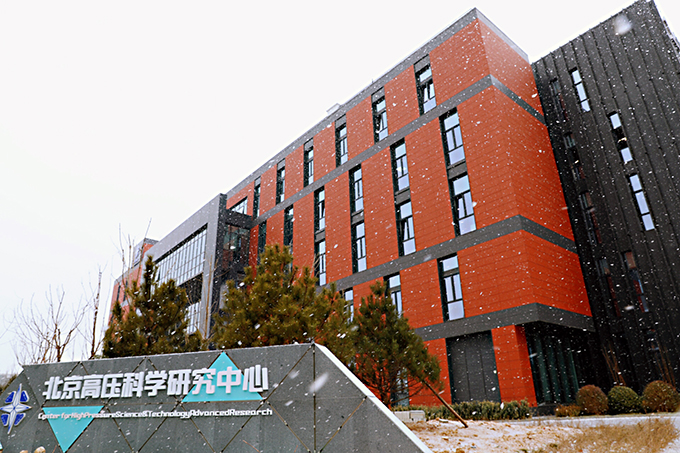
HPSTAR is the Center for High Pressure Science & Technology Advanced Research initiated and directed by Dr. Ho-Kwang Mao. Funded directly by the Ministry of Finance of the People’s Republic of China, HPSTAR is a national legal entity, named 北京高压科学研究中心(高科). Its Shanghai branch campus was established on 1 January 2013, followed by a branch campus in Changchun and the central campus in Beijing. Growing at a steady rate, HPSTAR is projected to reach its mature size in 10 years with 90 full-time staff scientists and 600 additional people, including graduate students, postdocs, visiting scientists, engineers and administrative personnel.
HPSTAR embraces the foundational principles of the Carnegie Institution of Washington to devote resources to exceptional individual staff scientists so that they can explore the most intriguing scientific questions in an atmosphere of complete freedom. The sole Mission is to “encourage, in the broadest and most liberal manner, investigation, research and discovery and the application of knowledge to the improvement of mankind.” Over 110 years accomplishments at the Carnegie Institution have repeatedly demonstrated the power and effectiveness of this approach for pursuance of transformative breakthroughs in fundamental science.
While individual scientific expertise and directions may differ greatly, HPSTAR scientists share a common vision that one of the richest grounds for discoveries is in the pressure dimension. They form multidisciplinary collaborative teams to advance cutting-edge research areas, presently including: high-pressure physics, high-pressure chemistry, super-hard materials, Earth & planetary interiors, high-pressure technology, high-pressure photon science, high-pressure nano science, high-pressure functional materials, and high-pressure energy science.
HPSTAR is committed to science without borders, and is becoming a global center in high-pressure science and technology. Although HPSTAR is located in China, half of its staff scientists are citizens of other countries, and the official language is English. HPSTAR forbids classified and for-profit proprietary research. HPSTAR provides ample research funding, advanced facilities, and open, liberal, collaborative research environment to its staff scientists as well as international visiting scientists, so that they are able to fully focus their time, efforts, and creativity to pursue individual scientific dreams.
